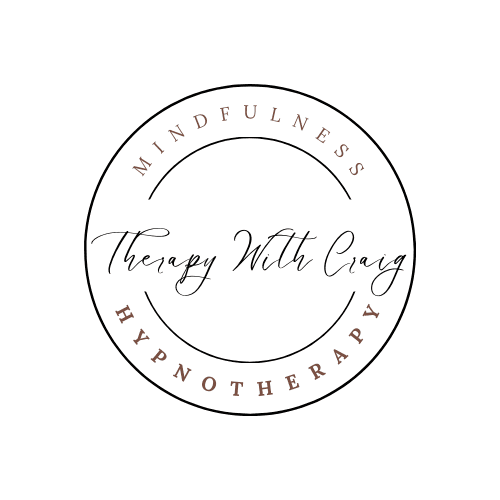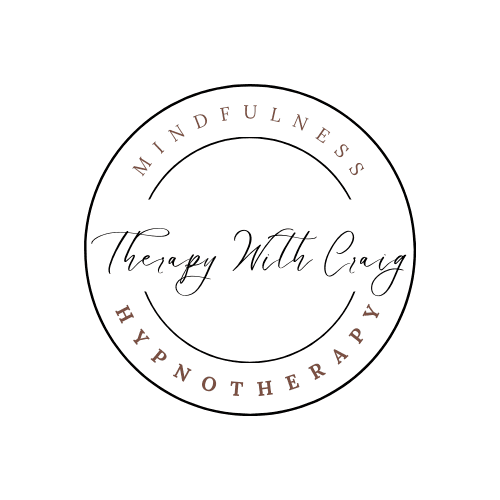
Welcome to Hypnotherapy for Substance Addiction
My journey into becoming a hypnotherapist started as a result of needing to find ways to manage my own anxiety.
Firstly, I became fascinated with meditation as this provided me with the much-needed relief from the experience of anxiety on a day-to-day basis. As a result of this, I wanted to learn more about how the brain, mind, and body were working and then ultimately, how I could help others with their experiences too.
Approaching a decade of working with clients predominantly in the field of anxiety, depression, trauma and chronic pain, I understand that these things don't start when you wake up one morning - as they didn't for me.
I firmly believe that learning about what anxiety actually is and why our minds and bodies can react in this way, is as important as the therapeutic work itself. I have added some information to this page about anxiety that I hope you find useful
Craig Fookes, Clinical Hypnotherapist and Mindfulness Instructor
Learn More about Hypnotherapy For Anxiety
Read More About Hypnotherapy For Anxiety Below
Or if you would like to get in touch, please click the button to contact us
Learn More about Hypnotherapy ForAnxiety
Related Hypnotherapy Topics...

Hypnotherapy for PTSD And Trauma
Learn more by Clicking The Button Below

Hypnotherapy For Depression
Learn more by Clicking The Button Below

Hypnotherapy For Alcohol
Learn more by Clicking The Button Below
Get In Touch Today to discuss Hypnotherapy for Anxiety
If you are ready to have an initial chat about how working together and a course of hypnotherapy sessions for anxiety might help you, then please do get in touch via the button below

